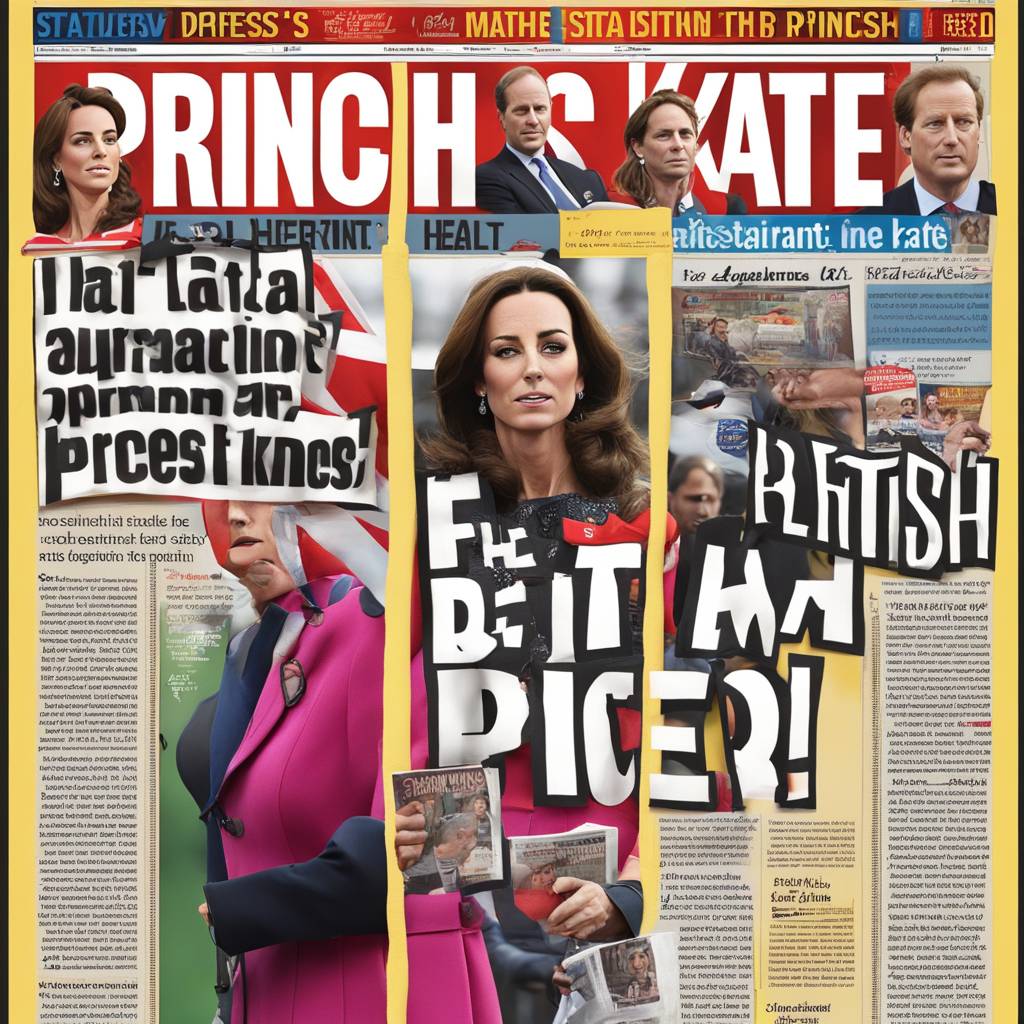In recent days, Catherine, Princess of Wales, revealed that she is battling cancer, ending speculation about her absence from public life. Roya Nikkhah, a royal journalist, urged the media to give her space, highlighting her unblemished record in the public eye. While British media typically have a history of intense interest in the royal family, they displayed restraint in reporting on Catherine’s whereabouts, cautioning against spreading rumors. The British press criticized American outlets for amplifying unfounded claims, emphasizing the importance of accuracy in reporting.
The relationship between the royal family and Fleet Street, the area in London associated with the country’s national press, is of particular interest. Both institutions face challenges in the new media age, where traditional gatekeepers struggle to control the flow of information. The response to Catherine’s surgery showed how online speculation can outpace official updates, causing confusion among journalists and palace officials. The proliferation of misinformation on the internet posed a significant challenge, requiring a delicate balance in coverage to avoid spreading inaccuracies.
The online chatter surrounding Catherine’s absence led to wild theories and conspiracies, with social media users becoming increasingly invested in the story. Helen Lewis noted that some individuals became “Kate Middleton truthers,” demonstrating the power of social media to influence discourse and pressure individuals into revealing private information. The lack of an official explanation from Kensington Palace allowed speculation to flourish, prompting calls for transparency from the royal family to avoid further controversy.
Some criticized palace officials for their handling of the situation, suggesting that the doctored photograph released by the palace only fueled the conspiracy theories. The Daily Mail’s Sarah Vine called for openness from the royals to prevent further complications. Despite the tumultuous nature of the episode, it highlighted the enduring relevance and cultural fascination with the British royal family. Eva Wolchover, co-host of the royals podcast “Windsors & Losers,” emphasized the ongoing interest in the monarchy, dispelling notions of declining popularity and relevance.
Overall, the media frenzy surrounding Catherine’s illness shed light on the evolving landscape of journalism and the challenges that traditional institutions face in the digital age. The incident served as a cautionary tale about the power and pitfalls of social media, as well as the importance of responsible reporting in sensitive situations. Despite the controversies and rumors, the episode ultimately underscored the enduring appeal and cultural significance of the British royal family, reaffirming their place in the public imagination.








